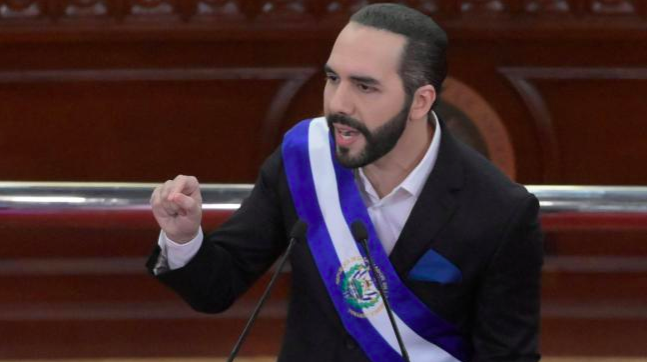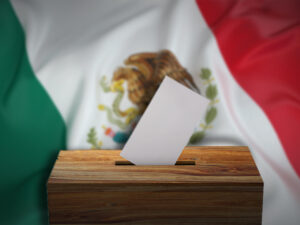
In a historic event, the Congress of El Salvador approved the appointment of Claudia Juana Rodríguez de Guevara as the country’s first woman president. However, this milestone has been met with controversy and concern about the true power dynamics within the government.
Only 42 years old, Rodríguez de Guevara has worked closely with current President Nayib Bukele for a decade and has held various government positions. But his lack of public presence and experience in high-level government positions raises questions about his ability to lead the country.
The controversial appointment also highlights Bukele’s authoritarian tendencies and disdain for democratic institutions. The move comes amid accusations of unconstitutionality, as Bukele and his vice president received a 6-month leave of absence to focus on the upcoming 2024 elections.
Although the Salvadoran Constitution establishes that in the absence of the president and vice president, the executive power will be in charge of the persons designated for the Presidency, Bukele only presented one person for this position: Rodríguez de Guevara.
“Bukele is not going to let just anyone ruin what he has done and that is why he proposed her, she is part of his circle of dominance”, said economist and analyst Julia Martinez to AFP.
While El Salvador celebrates the arrival of its first woman president, the country also faces important challenges, such as economic struggles, political division and a worsening security crisis. All eyes are on Rodriguez de Guevara as she prepares to take the reins of a country facing these challenges.
Only time will tell how this controversial decision will impact the future of El Salvador and its democracy. But one thing is certain, the appointment of Claudia Juana Rodriguez de Guevara as the country’s first female president is a milestone for the country, but questions remain about the real power dynamics at play.
With information from La República







